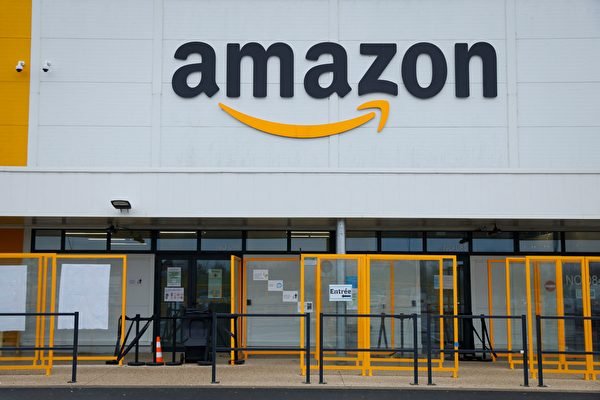Taiwan government is currently negotiating with the subsidiary of Amazon, Project Kuiper, to discuss satellite communication cooperation. Faced with the potential threats from the Chinese Communist Party on Taiwan’s mobile phone and internet infrastructure, the Taiwanese government is working on enhancing its defense capabilities.
According to a report by the Financial Times, Wu Cheng-wen, Chairman of Taiwan’s National Science and Technology Commission, told foreign media on Tuesday (December 17th) that Taiwan is currently exploring more international cooperation in satellite communication.
“Wu Cheng-wen added, “There are other companies in the Western world, including some from Europe, North America, and Canada, but Amazon Kuiper is currently the most developed company, so we are currently discussing with them the possibility of future collaboration.”
Project Kuiper was established in 2019 and aims to deploy 3,236 satellites in low Earth orbit to create a satellite internet network, providing high-speed internet connection globally. In August, Amazon announced a $19.5 million investment to expand its satellite processing facilities at NASA’s Kennedy Space Center. This investment will be used to construct a 3,900 square meter auxiliary support facility to accelerate the deployment of the broadband satellite constellation.
The Kuiper Project is set to begin launching satellite constellations soon and is expected to start providing low Earth orbit services next year.
The full-scale invasion of Ukraine by Russia in early 2022 has put Taiwan on high alert. Taiwan has started to strengthen its defense capabilities against the ever-growing threat of aggression from the Chinese Communist Party, which has never abandoned its ambition to unify Taiwan by force.
The role played by Starlink in maintaining communication during the Ukraine conflict has prompted the Taiwanese government to seek low Earth orbit communication as a backup to prevent disruption in mobile phone and internet systems caused by Chinese interference with undersea cables.
Taiwanese officials have also mentioned that Starlink itself is not Taiwan’s choice, as Elon Musk’s company would not agree to a joint venture where China Telecom or other Taiwanese entities hold at least 50% of the shares. They also highlighted Musk’s extensive business interests in China and his past remarks on Taiwan’s political status and future as another obstacle to cooperation.
Amazon and SpaceX have yet to respond to the Financial Times’ requests for comments.
Furthermore, according to a report by Taiwan’s Economic Daily on October 14 this year, Chia Chun-cheng from Chunghwa Telecom stated on the 13th that cooperating with OneWeb’s low Earth orbit satellites, Chunghwa Telecom is expected to achieve full coverage of Taiwan by the end of October and will continue to build 5G, fiber optics, and submarine cables to enhance network resilience. They are also actively integrating information and communication technology (ICT) and AI technologies, laying out strategies for enterprise customers and international markets.
Established in 2012, OneWeb plans to launch over 600 small satellites into low Earth orbit to create a high-speed global telecommunications network. Currently, OneWeb has already launched over 600 low Earth orbit satellites operating on 12 orbital planes at an altitude of 1,200 kilometers above the Earth’s surface.
In addition, Taiwan’s National Space Organization is also striving to develop a domestic supplier and establish its own low Earth orbit satellite constellation. Wu Cheng-wen disclosed that the government plans to choose a location in the southeast of Taiwan to launch its rockets, with the launch expected to commence within five years.

